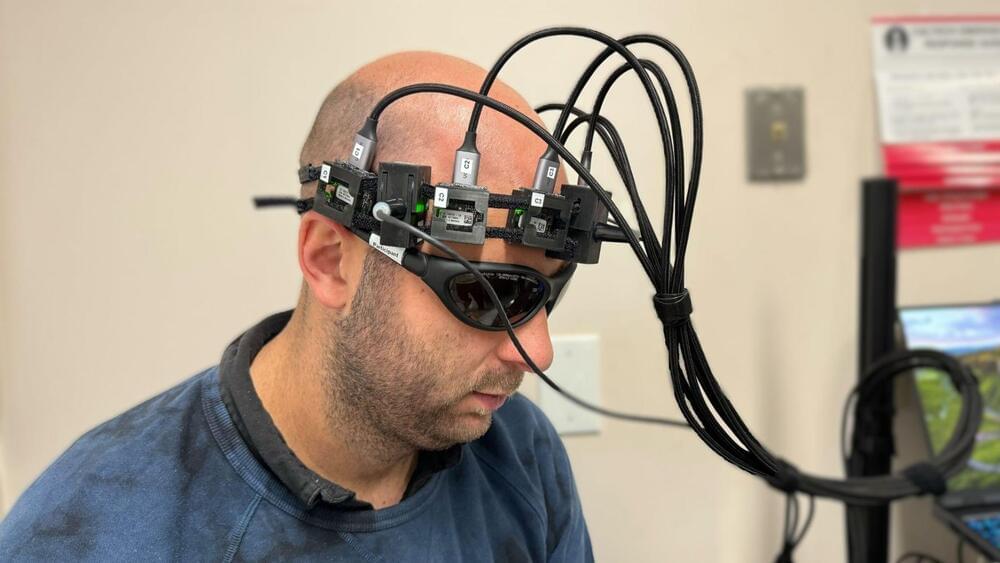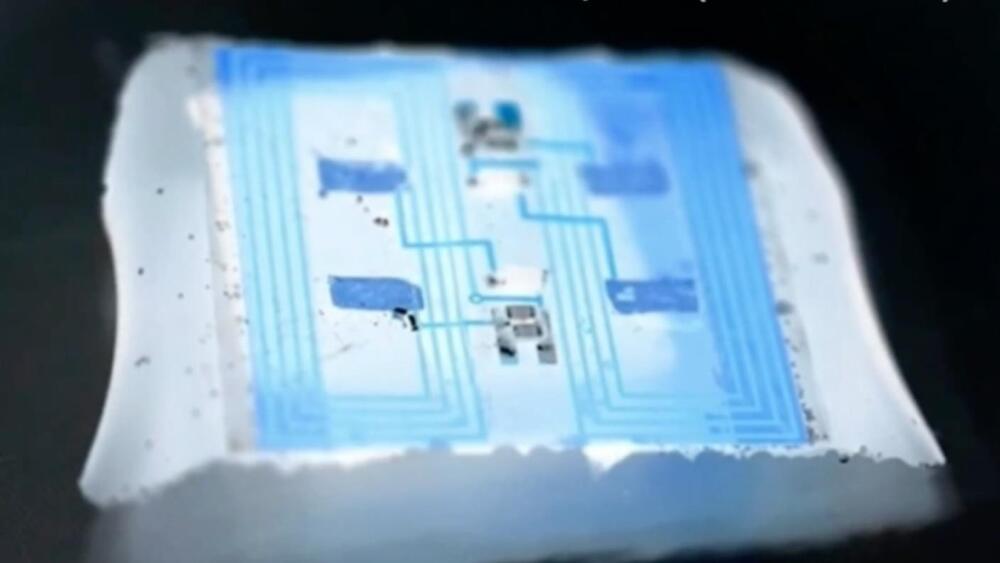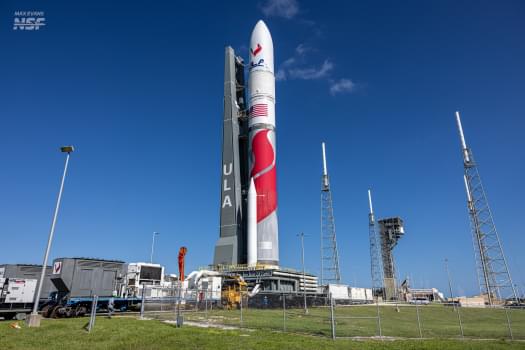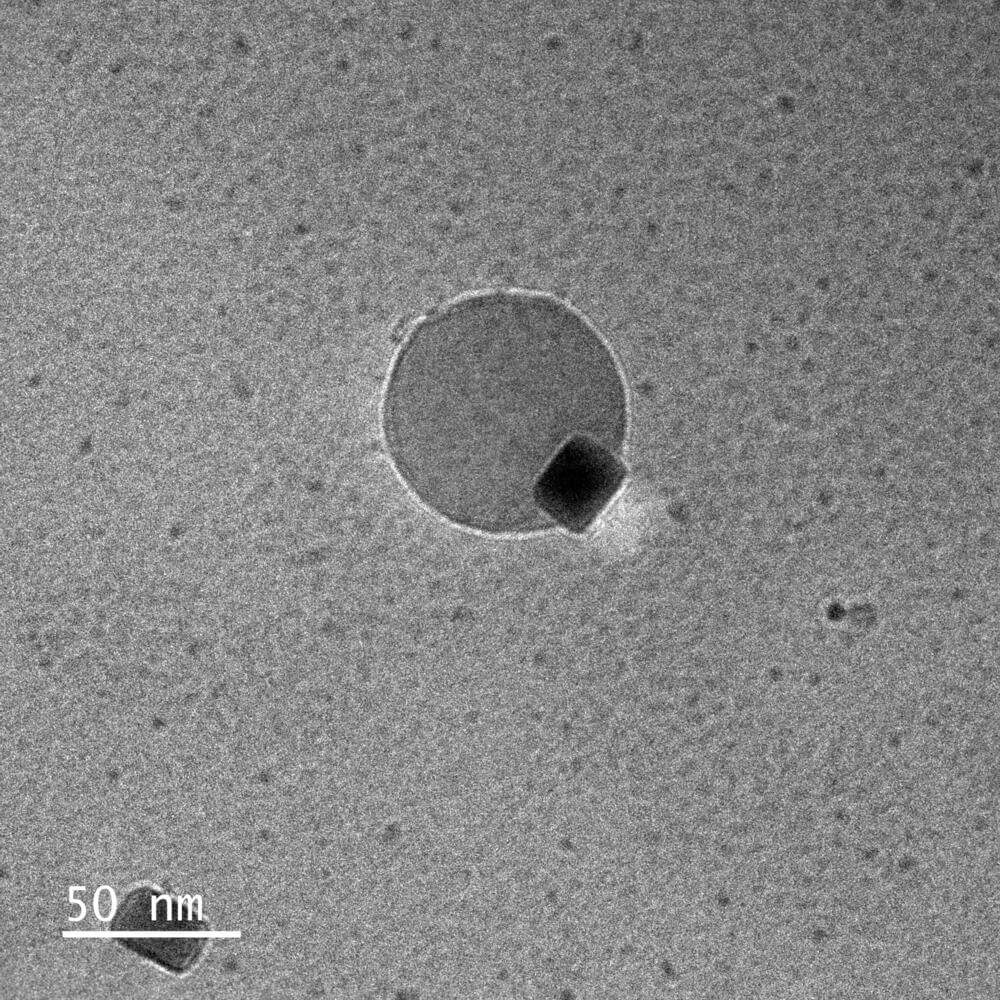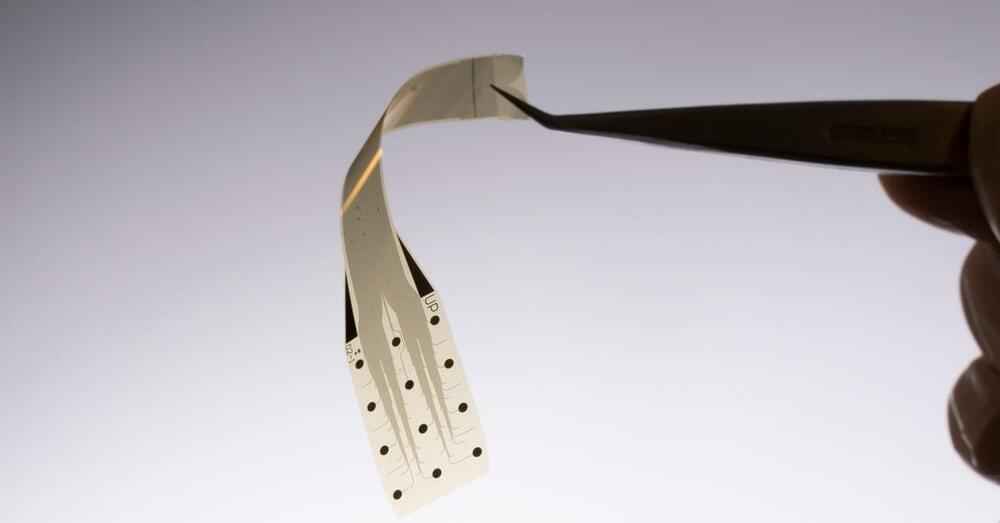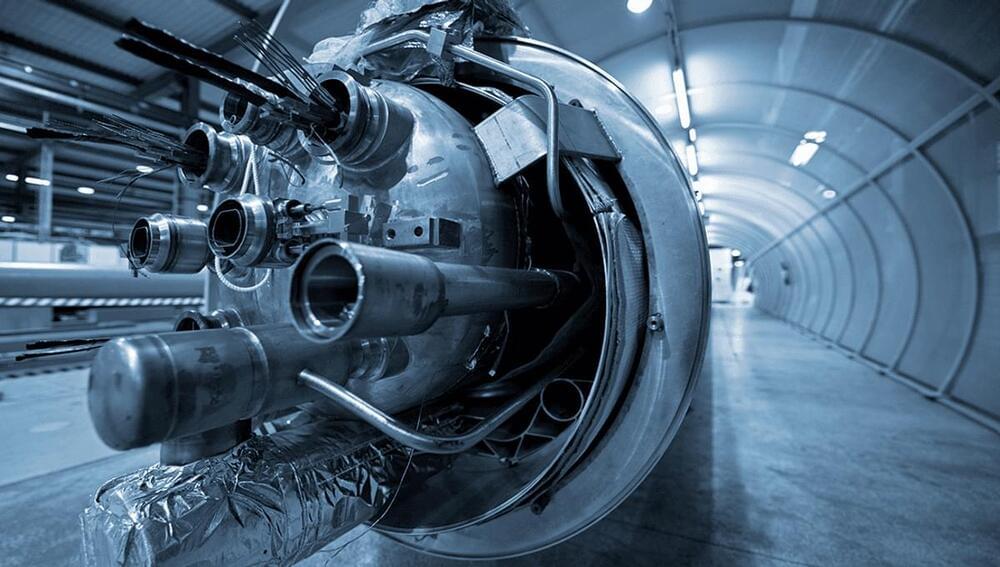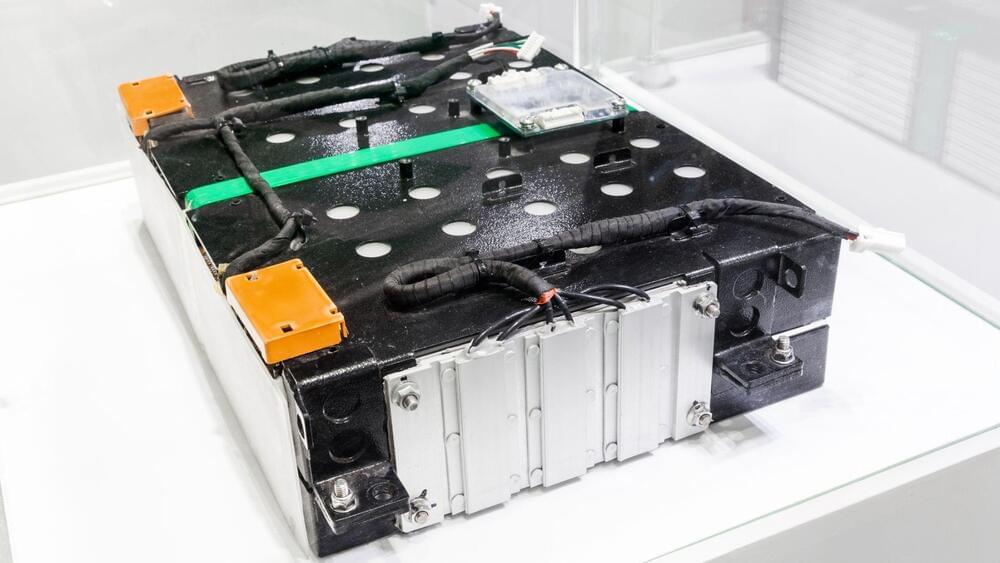A team of engineers and scientists from Caltech and the Keck School of Medicine at USC has created a noninvasive, headset-based device that can assess a patient’s stroke risk by monitoring blood flow and volume changes during a breath-holding test.
The device uses a laser-based system and has demonstrated promising results in distinguishing between individuals with low and high stroke risk.
“With this device, for the first time, we are going to have a way of knowing if the risk of someone having a stroke in the future is significant or not based on a physiological measurement,” says Simon Mahler, a co-lead author of the study.
